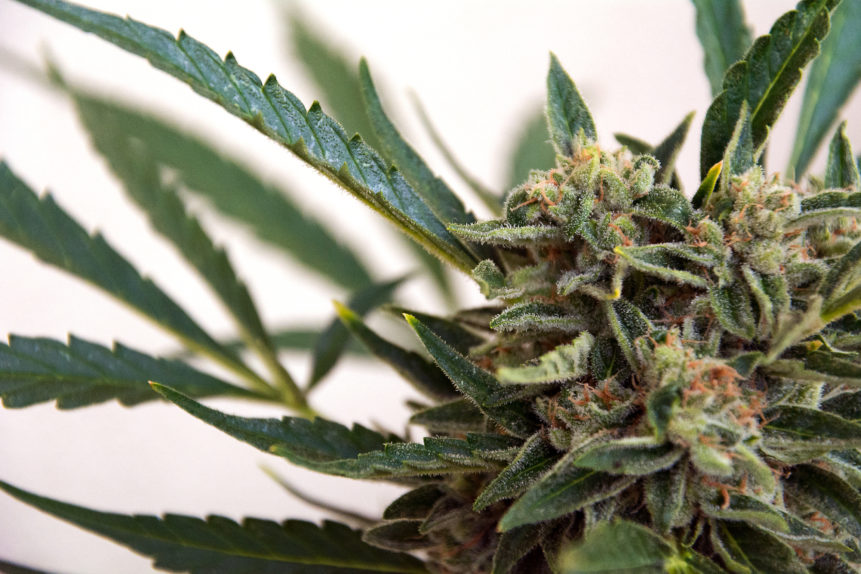Marijuana, also known as cannabis or weed, is a plant that has chemical compounds such as tetrahydrocannabinol (THC) and cannabidiol (CBD). There is a large stigma around this drug; many people talk about it as “a gateway drug,” or stereotype users of marijuana as lazy or careless. People also falsely assume it to be a harmful and addictive drug, but these people are not seeing the full picture.
For some more information on what exactly marijuana is, the main effects of this plant when used are to reduce pain, reduce inflammation, and reduce anxiety temporarily. It induces euphoria, relieves nausea, enhances appetite, and alters perception. For some people, it can cause negative effects such as paranoia, panic attacks, worsened anxiety, or memory loss. THC is what gets someone “high,” due to its psychoactive effects. CBD, on the other hand, is what helps you relax, and cannot get anyone high.
Marijuana can be beneficial to many people. People who experience physical issues such as chronic pain or nausea, cancer patients going through chemotherapy, Chron’s disease, and epilepsy benefit from medical marijuana. It’s also been said to help individuals experiencing PTSD, anxiety disorders, sleep disorders, mood disorders, and even some personality disorders. It can act as an all-natural medication, but like every medication, it has its side effects and risks and it’s not for everyone.
There are many myths and false information about cannabis, such as what I mentioned in the beginning. Marijuana can be addictive for some individuals, but it is not as addictive as it’s assumed to be. THC and CBD are not very addictive compounds. A person can experience withdrawal if they’ve consumed THC consistently for long amounts of time, but it’s nothing serious compared to other drugs. An “addiction” to marijuana is more likely a habitual addiction than a physical one.
Another myth is that people who use marijuana are “lazy.” A study from 2016 shows that marijuana can occasionally induce a temporary unmotivated state, but for those using it medically it can help them get tasks done. Feeling a state of relief from physical or mental pain can be very motivating and help with procrastination. Plus, one of the effects is increased creativity which can help with productivity for many. Another study shows that it does not increase cognitive, physiological, or relationship issues.
Marijuana is not a gateway drug. A study shows that marijuana use does not increase substance use disorders. In fact, it can reduce alcohol-related issues according to research. It’s unlikely that marijuana could influence someone to try other substances because statistics indicate that the majority of people who use marijuana don’t go to harder drugs. Unlike addictive substances, marijuana doesn’t lead to a biological craving for something more.
Many marijuana users are not what they are said to be. The stigma associated with marijuana needs to be known about. Marijuana is extremely beneficial to many people, and people who use it should not be stereotyped or labeled.






























































































































